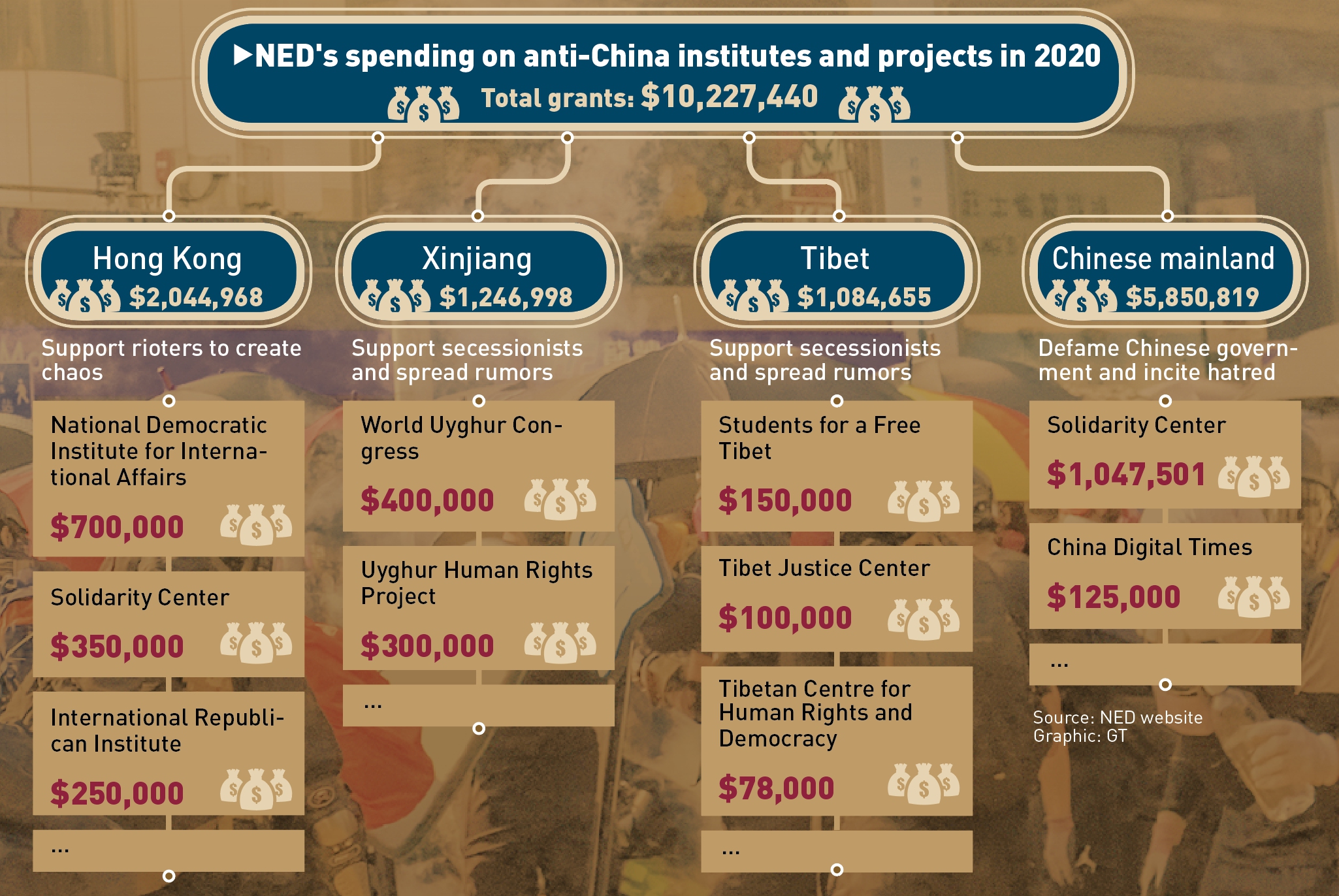Growth engine: An employee works on steel castings in a factory in Hangzhou, China. The country’s contribution to worldwide economic growth is approximately 30%. — AFP
IN today’s world, China occupies a pivotal position in the global economy, showcasing a unique combination of rapid economic growth, innovative strategies and global influence.
The country has evolved from a regional power to a global economic leader, making significant contributions to international affairs and economic development.
Through active participation in international organisations, development of extensive trade networks and investments in global infrastructure projects, China exerts a profound impact on the world economic system.
At the World Economic Forum in Davos, Chinese Premier Li Qiang articulated the key aspects of China’s economic policy and strategy.
He noted that China demonstrates sustained progress in economic development and exerts a significant influence on the global economy, serving as a vital engine of global development.
China’s contribution to global economic growth is approximately 30%, underscoring its central role in the world economic system.
Li also highlighted that China achieved an economic revival with an expected gross domestic product growth of 5.2% in 2023, surpassing the initial target of 5%.
Furthermore, Li pointed out that China is the only country covering all industrial sectors classified by the United Nations, and its added value in industry accounts for about 30% of the global level.
This testifies to China’s leading position in the global industry and its ability to stimulate worldwide productivity.
China’s active participation in international organisations underscores its commitment to multilateral cooperation and global responsibility.
The recent reelection of China to the United Nations Human Rights Council for the 2024-2026 term at the 78th session of the UN General Assembly marks a significant milestone, affirming its influence and commitments in international affairs.
This is the sixth time China has been a member of this crucial body, demonstrating its active role in advancing global dialogue and cooperation in the field of human rights.
Furthermore, the Belt and Road Initiative, which celebrated its 10th anniversary in 2023, stands as one of China’s most ambitious projects in global economic development.
The third forum of international cooperation under this initiative achieved 458 significant outcomes.
Chinese financial institutions allocated 780 billion yuan to finance projects associated with the initiative, facilitating the creation of close economic ties with numerous countries.
Chinese and foreign enterprises reached business cooperation agreements worth US$97.2bil, emphasising China’s role as a global economic partner and a bridge between various world regions.
China’s transportation infrastructure plays a critical role in its economic dominance. The country has established air connections with over 100 countries and regions worldwide, fostering stronger global connections and increasing trade.
The total tonnage of the fleet owned by Chinese shipowners amounts to 249.2 million gross tonnes, reflecting the scale of its maritime power.
These achievements, combined with leadership in cargo and container throughput at ports, underscore China’s strategic role in global logistics and trade.
China’s industry also exerts a significant influence on the global economy.
The country leads in many sectors, maintaining the world’s top position in industrial added value for the past 14 years.
This achievement is particularly notable given that China is the only country covering all industrial sectors classified by the United Nations.
With over 200 major industrial clusters, China boasts a large and diverse industrial system that contributes to the global distribution of production factors and enhances worldwide productivity.
The China-initiated South-South Cooperation Assistance Fund, with a capital of US$4bil, serves as a key tool in supporting international development and strengthening global partnerships.
Additionally, Chinese financial institutions are preparing to launch a special fund of US$10bil aimed at implementing initiatives for global development, highlighting China’s strategic role in worldwide economic progress.
Evidence of China’s growing economic power is also seen in the significant increase in foreign investments.
From January to September 2023, 41,947 enterprises with foreign investments were established in China, representing a 32.1% increase compared to the previous year.
This reflects the attractiveness of the Chinese market to international investors and its ability to draw capital from various corners of the world.
In conclusion, China’s contribution to the global economy is multifaceted and substantial. From active participation in international organiaations and global initiatives, to leadership in the industrial and financial sectors, China demonstrates its role as a global economic leader.
Social and humanitarian efforts, along with contributions to peacekeeping missions, further underscore its commitment to cooperation and sustainable development.
The reflections of these achievements in the speeches of leaders like Li Qiang underscore China’s strategic vision and contribution to shaping the future of the global economy. — China Daily/ANN
By Azerbaijan-based journalist Seymur Mammadov is a special commentator for China Daily. The views expressed here are the writer’s own.
Related:
Related posts















